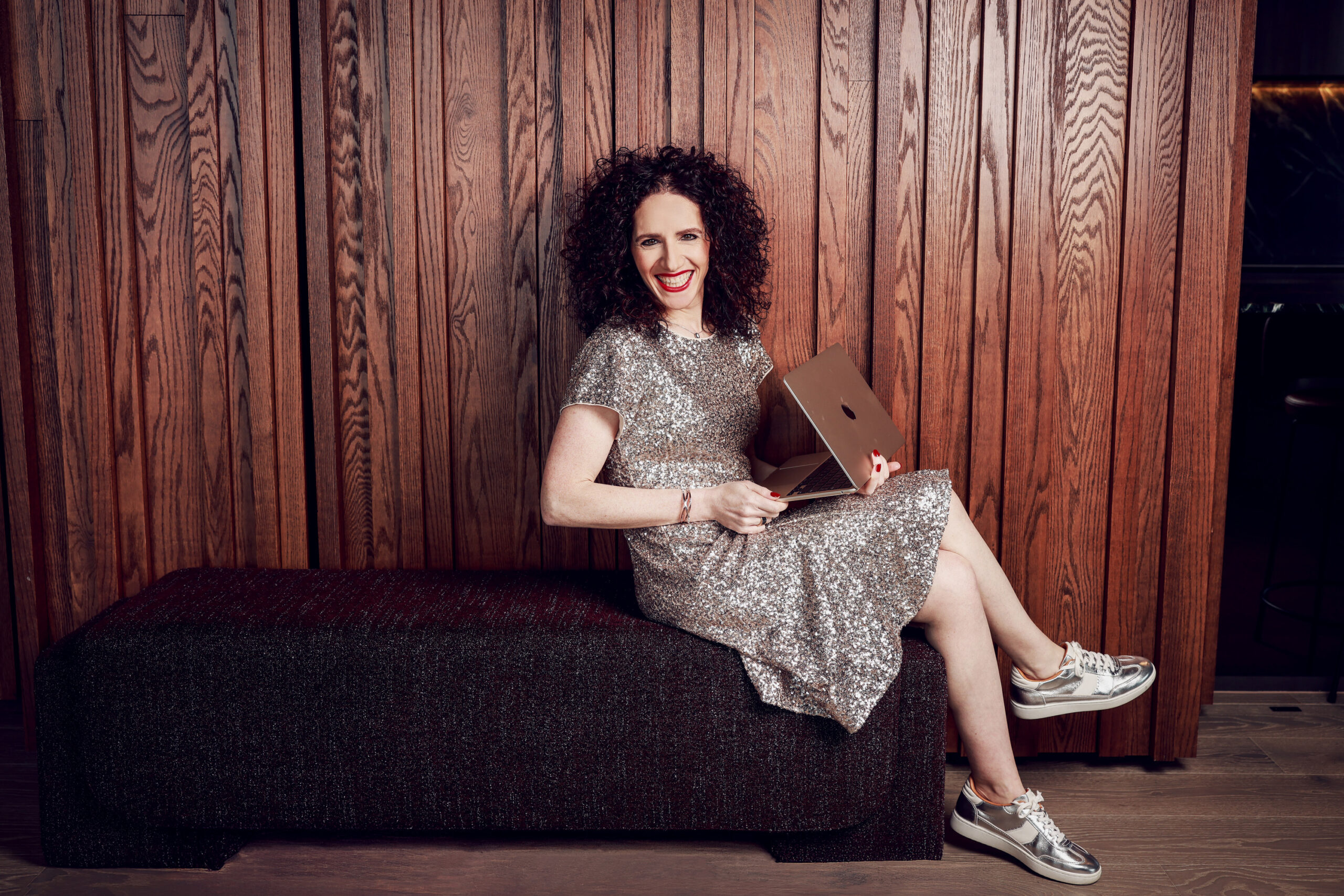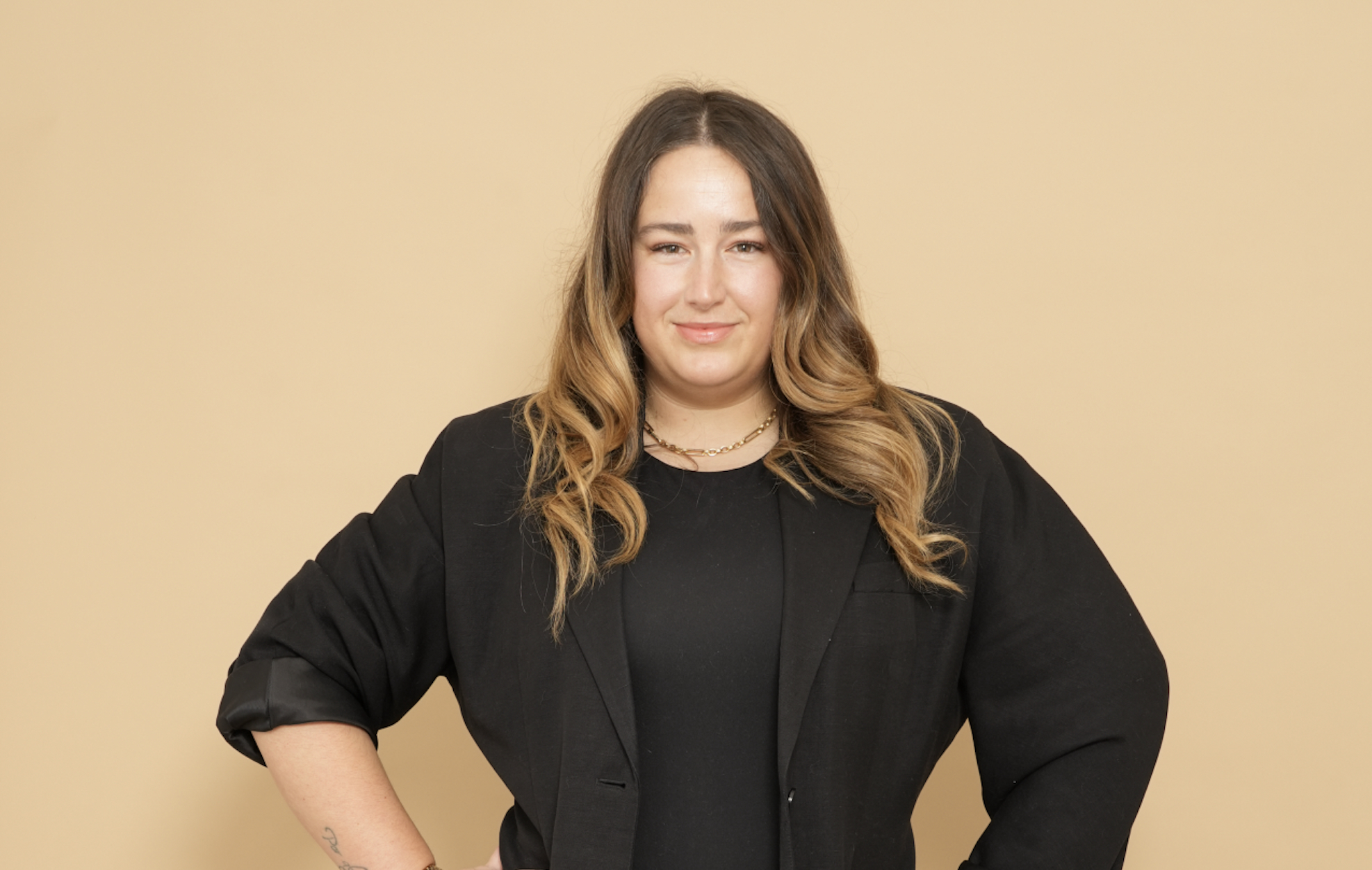
By Sarah May
The phone call—like any phone call from a hospital—was shocking and unexpected. “There’s been an incident involving your husband,” the woman on the other end told me vaguely.
In a panic, I raced to the emergency room on pure adrenaline, praying over and over: “God, please let him be okay.” It didn’t matter that I thought my marriage had already ended or that I was ready to leave him the night before; so much no longer mattered. All that mattered was that he was okay. The lobby was packed with reporters, but even the receptionist wouldn’t tell me what happened.
Alone in a waiting room, shaking with fear, I searched the local news. Everything stopped, my breath, my heart, my mind. It can’t be, I thought. A helicopter crash. Bodies were still missing, rescues underway. My husband, Nick—a military aircrewman—was on that flight. My husband could be dead.
When the doctor finally came in and took me back to see him, I had no idea what to expect—as if anything can prepare you for that moment. Nick was laid out on a gurney, gauze wrapped around his entire head, his arm in a sling, bloody gashes across his face and hands, his eyes were blood-red, his face burned black. But he was alive. It was the only thing that mattered. Despite all our problems, I still loved him with an intensity, with desperation. I wanted him. No, I needed him.
“Sarah,” he croaked, “God saved me so I could be a better man.” I knew what he meant. He meant a loyal man, a faithful husband, someone who didn’t cheat and lie. Someone who didn’t abuse his wife. I believed him. In all his brokenness and earnestness and weakness, I chose to believe that his survival didn’t only mean a second chance at life, but a second chance for our marriage.
After three long days, we left the hospital. Two-hundred stitches and staples were holding Nick’s head together. There was an overwhelming number of medications, a shunt that had to be emptied of brain fluid every few hours, wounds to clean, follow up appointments, funerals for the crew members that had perished in the crash.
I was donated leave from my job at a non-profit to become his full-time caregiver. A constant stream of visitors filed in and out of the apartment: military officials recording interviews, friends, family, strangers who dropped off meals. I hosted, greeted, cooked, cleaned, washed, dressed, drove, becoming more and more depleted, like a flickering flame in the face of a tidal wave.
We were fortunate, lucky, blessed by Nick’s miraculous survival. The doctor said it, news outlets reported it, our pastor boasted it, outsiders marveled about it. But what no one saw was the torture going on at home. Underneath the surface of our young marriage was pain, so much pain. His grief and trauma mixed with my heartbreak at his infidelity. Behind closed doors those wounds would fester and grow.
There was never a “right time” to talk about his affair. The way the discovery of it shattered me, knocked me to the living room floor and left me wanting to die. The way his lack of remorse, his indecision about choosing me or his lover, his unwillingness to end it, pushed me to the ledge. I was ready to leave; done with our marriage, done with him.
Then, the crash happened. He was a new man, he was sorry, he needed me. Caregiving was wholly consuming, but for every moment I spent taking care of my husband, he felt more like a ticking time bomb. Nick grew angry and volatile—lashing out at friends, at me. “No one could possibly understand what I’m going through,” he’d say to justify his behavior.
The fighting escalated to screaming when he abused his pain medications; I felt helpless when his drinking spiraled out of control. “This is all your fault,” he told me when he threatened to kill himself. I felt trapped, alone, terrified.
Driven by a desire to protect him, his reputation and our relationship, I kept it all a secret. It was so much worse than anyone knew – the threats, the manipulation, the lies. The way I was lying to myself. In the back of my mind, the thought: could I ever trust him again? Did I even want to?
I participated in my own suffering out of a sense of loyalty, out of a delusional hope that he would somehow transform back into the man I had married. A man who didn’t belittle me or make comments about other women, a man who didn’t mock me when I cried, a man whose mood swings didn’t make me feel like I was crazy.
But the truth was that it had always been toxic. I had my own shadows: codependence, the need to be right, the desire to control. I was trying to reconcile my love for someone who hated himself all while he projected that hatred onto me.
Until one night, my delusion was broken like the shattered glass of our wedding photos that he had thrown across the living room. That night, he held a loaded gun to his temple while I begged him not to pull the trigger. That night, despite still recovering from the crash, I discovered he was having another affair. And the next morning, when I told him our marriage was finally over, he assaulted me.
From the outside looking in, I would be a woman leaving her husband at his most vulnerable. A patriot who had served his country and paid the price in a tragic and traumatizing helicopter crash. I could imagine the rumors and gossip back in our hometown; I could feel the blistering judgment. How could she? He needs her more than ever. The fear of perception should never outweigh the decision to protect oneself. The price I would pay by staying was one I could not afford.
I had to leave a poisonous marriage of harm and betrayal because it was the only way to save myself. I realized that need is not the same thing as love and that staying could have killed one or both of us. If someone is drowning and they push your head under to serve themselves, in what world is that love?
For a time, I thought love required that kind of sacrifice, giving my last breath for him. For a time, I thought love was letting my husband violate everything I held sacred because I so deeply believed in the man he could be. Yet time showed me again and again, the man he was. So, the question became, what was I doing to save myself?
For so long, I suffered in silence, waiting for a man that was unwilling to change or take responsibility; but I realized I could change, I could take responsibility. Packing my car and leaving that marriage taught me that we are stronger than the worst thing that has ever happened to us. I drove across the country—hiking and camping—rediscovering my own strength and sense of adventure.
Along the way, I learned that there is no freedom without responsibility and I would have to account for my own behavior. I would come to see that love begins within and doesn’t require self-abandonment. I healed, even when facing the pain of the past was terrifying. I did whatever it took: therapy, plant medicine, breathwork, yoga, writing a book.
From the outside looking in, we can’t know the resilience that someone’s journey has required. The choices that at one time felt impossible—to leave, to say no more, to begin again—those brave decisions become the foundation for a new life.
We don’t see the girl who has locked herself on the bathroom floor to cry while her world falls apart, the sleepless nights, the days of numbness, the scars inflicted from being wounded by the one who promised forever. The darkness that seems insurmountable never is. Because light, like hope, sits on the horizon.
The girl gets off the bathroom floor, wipes her eyes, and with quiet strength unlocks the door to face the rubble. From the inside looking out, she decides she will create a new life, a wild and beautiful one where she can be free. The most important journey she can take has just begun.


Sarah May is a yoga instructor, Reiki healer, and intuitive. She provides her clients with powerful practices and healing insights from the studio to private sessions, retreats, and women’s circles. Sarah received her Master of Science in Conflict Analysis and Resolution and previously managed a
non-profit. “She Journeys” is her debut memoir. In 2020, she and her husband—fellow author Andrew Singer—converted a cargo van and hit the road. They spend their time exploring and writing across America’s public lands. When not on wheels, Houston and San Diego are her homebase. Learn more at: www.shejourneys.us. Follow Sarah on Instagram and Facebook, and subscribe to her Youtube Channel.
















